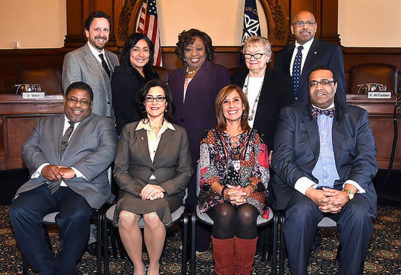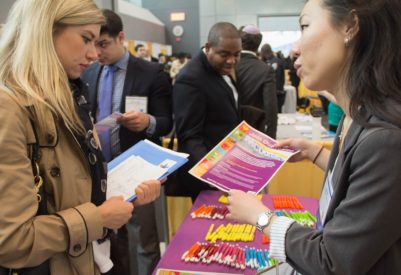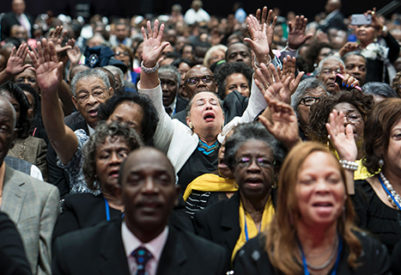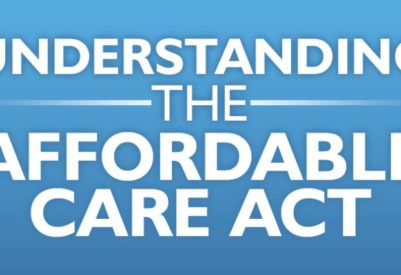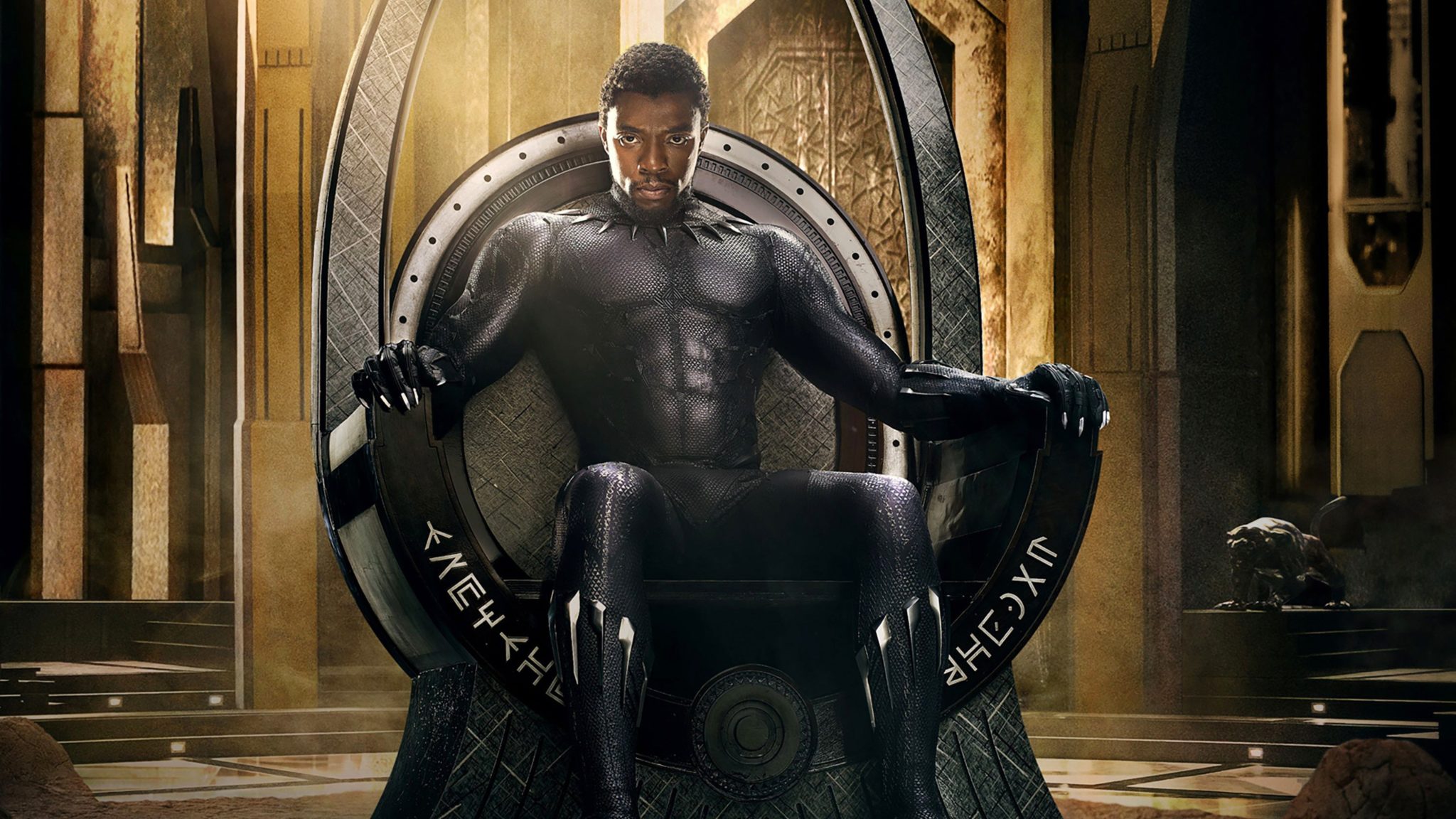
SOUTHWEST TRIBUNE
The blockbuster movie Black Panther is continuing to break box office records and audiences can’t stop talking about it.
Black Panther’s character T’Challa relies on his expertise in science and access to wealth and space-aged technology to combat enemies that poses any threat to Wakanda, his isolated fictional East African homeland.
The anticipation of Black Panther after initially appearing in Captain America Civil War (2016), where he is shown displaying enhanced speed and strength, coupled with extraordinary hand-to-hand combat skills and agility, has created an unmeasurable amount of hype.
Moviegoers of all ethnicities; especially Blacks are super excited about the first ever stand-alone cinematic black superhero that’s supported by a majority black cast.
The level of hype and expectation surrounding the movie is something I can only describe as, The Obama Effect
Hollywood’s fierce 2-year marketing campaign conjured a tremendous amount of hype with a promise to deliver, not only exhilarating science fiction scenes, but also a movie that cast black actors and actresses as strong, positive and forward thinking, who exclusively and proudly identifies with their African heritage and culture. In contrary to the often-reserved stereotypical movie adaptions that lends reference to the continent of Africa.
However, for some Hollywood reason, the movie adapted a stereotypical plot beyond the aspirations of the original comic book scripts, which inserts two black men with a frenzy to destroy each other, over contrasting ideals that are both blueprints of a common cause shared by both, to obtain unconditional liberation for its people in a land free of colonialism.
Black Panther’s dysfunctional plot affirms the significance of the movie Hollywood Shuffle, a Robert Townsend’s 1987 satirical comedy film about the racial stereotypes of African Americans in film and television. In Black Panther’s case, it shows an ignorance towards the principles of African culture through a stereotypical misrepresentation of black actors and actresses.
What is a true representation of Black Culture? A great example are the principles of Kwanzaa, an alternative Pan-African holiday that gives Blacks an opportunity to celebrate themselves and their history. It promotes African traditions and Nguzo Saba, the "seven principles of African Heritage that includes:
• Umoja (unity)—To strive for and maintain unity in the family, community, nation, and race.
• Kujichagulia (self-determination)—To define ourselves, name ourselves, create for ourselves, and speak for ourselves.
• Ujima (collective work and responsibility)—To build and maintain our community together and make our brother's and sister's problems our problems and to solve them together.
• Ujamaa (cooperative economics)—To build and maintain our own stores, shops, and other businesses and to profit from them together.
• Nia (purpose)—To make our collective vocation the building and development of our community to restore our people to their traditional greatness.
• Kuumba (creativity)—To do always as much as we can, in the way we can, to leave our community more beautiful and beneficial than we inherited it.
• Imani (faith)—To believe with all our heart in our people, our parents, our teachers, our leaders, and the righteousness and victory of our struggle.
With all the marketing hype, combined with the images of tens of thousands of Blacks showing up in African garbs in movie theaters all around the world, I was under the spell that Hollywood has finally moved away from its stereotypical portrayal of Africans and African culture, but like many I was blinded by the hype, took the bait and didn't see the switch, leaving me with the Hollywood Shuffle! Once again!


